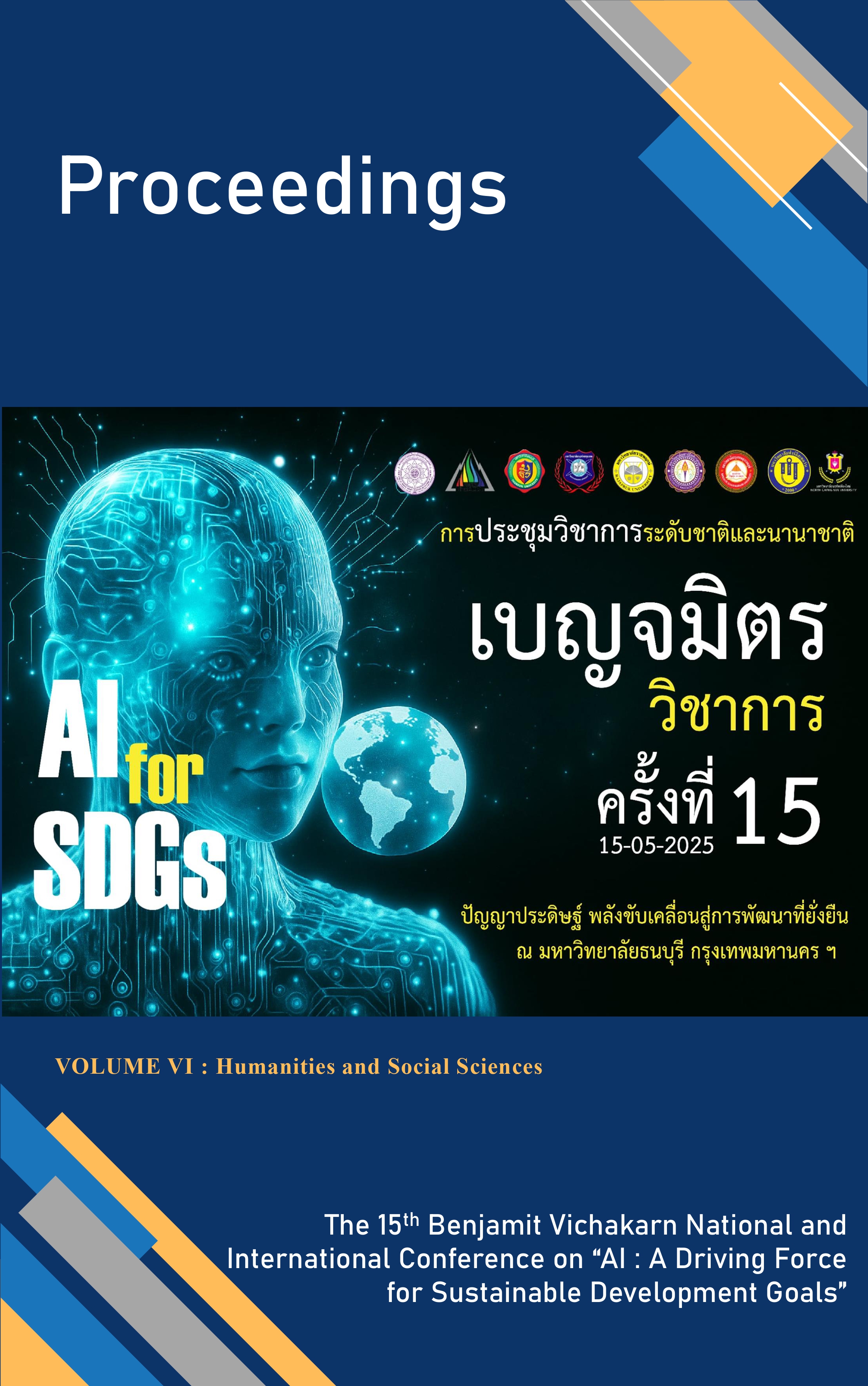Health Literacy and Health Behaviors of Health Family Leaders Bang Talat Subdistrict, Pak Kret District, Nonthaburi Province
Main Article Content
Abstract
The objectives of this research were to study health literacy health behaviors and factors related to health behaviors among health family leaders, Bang Talat Subdistrict, Pak Kret District, Nonthaburi Province. The subjects consisted of 376 people. Instruments used in data collection were assessment form for health literacy and health behaviors (3E 2S) for people aged 15 years and over–revised version in 2018 by the Division of Health Education, Department of Health Services Support, the Ministry of Public Health. The data were analyzed using percentages, means, standard deviations and relationship between factors was tested using Pearson’s Product Moment Correlation Coefficient.
The results showed that the samples’ overall health literacy was at a very good level, accounting for 51.87 percent. And their health behaviors were at a very good level, accounting for 63.30 percent. Factors significantly related to 1) health knowledge and understanding, 2) health behaviors were access to information and health services, 3) communication to increase health expertise, 4) self-management for good health, 5) media and Information literacy, 6) deciding on the right action and 7) overall health knowledge (p<0.01). The results of this study can be used as input for public health officials at all levels, from policy setting to operational level, to promote knowledge and health behavior to be more effective. Especially operations that aim to change health behavior that is correct appropriate, and continue to increase the level of health literacy for the people in the area.

